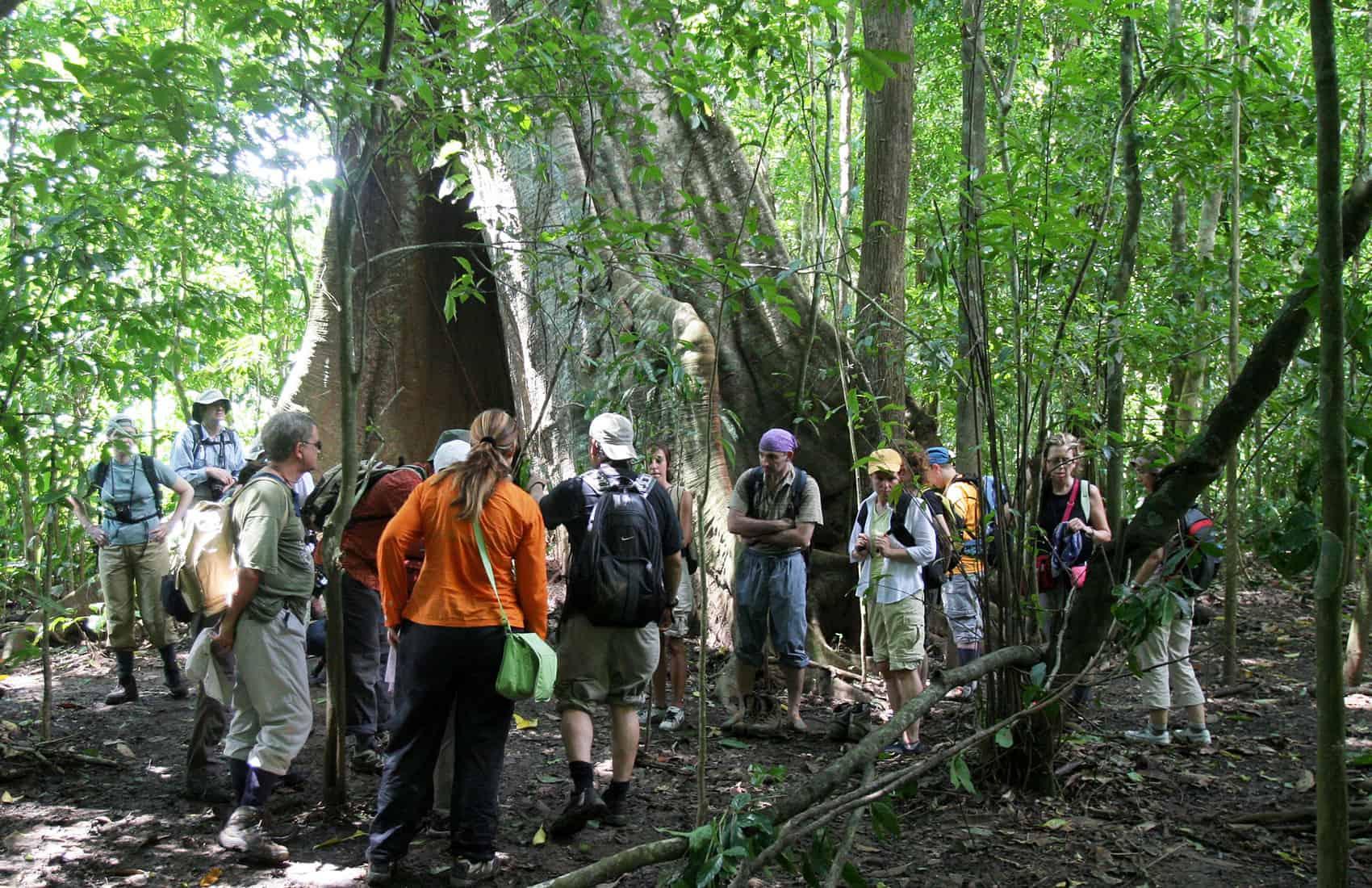For many Americans looking to retire, the idea of escaping the cold, high taxes, and bureaucratic headaches of the U.S. in favor of a warm, tax-friendly paradise is incredibly appealing. Enter Costa Rica, a country that offers low property taxes, no inheritance tax, and a cost of living that can be significantly cheaper than in the U.S.—at least in some areas.
And if that’s not enough, Costa Rica is home to one of the world’s famous “Blue Zones”—a region where people reportedly live longer, healthier lives due to a combination of diet, exercise, community, and clean living. For retirees looking to stretch their dollars, avoid harsh winters, and possibly even extend their lifespan, Costa Rica seems like a dream come true.
But is it really that simple? Let’s break down the benefits, costs, tax implications, and challenges of retiring in Costa Rica.
The Costa Rica Retirement Visa: How to Qualify
If you’re considering making Costa Rica your permanent home, you’ll need to secure a retirement visa, also known as the Pensionado Visa. According to International Living, here’s what you need:
- Proof of a minimum monthly income of at least $1,000 from a pension, Social Security, IRA, or 401(k).
- A valid passport and birth certificate.
- Three recent passport-sized photos.
- Additional residency requirements, which may include background checks and medical screenings.
After three years on a Pensionado Visa, retirees can apply for permanent residency, allowing for fewer work restrictions and access to Costa Rica’s public healthcare system.
The Cost of Living in Costa Rica
Costa Rica has a lower cost of living compared to the U.S., but not everything is cheap. Here’s what you can expect:
1. Housing Costs:
- Property taxes in Costa Rica are incredibly low at 0.25% of the registered property value.
- A $230,000 home would cost you just $575 per year in property taxes, compared to the U.S. average of $1,815.
- However, if you’re looking at high-end real estate, Costa Rica does have a luxury tax ranging from 0.25% to 0.55%.
- Rental prices vary but can be 50% cheaper than in the U.S., especially outside major tourist hubs.
2. Food and Dining:
- Local food is cheap, but imported goods can cost more than in the U.S..
- Eating out can be 50% cheaper than in the U.S., especially at local restaurants.
- Costa Rica produces its own coffee, bananas, rice, and beans, making them affordable and widely available.
3. Transportation:
- Public transport is reliable and up to 60% cheaper than in the U.S.
- Gasoline and car maintenance can be expensive, so many expats choose to live in walkable areas or use public transport.
4. Internet and Utilities:
- Internet and mobile phone plans can be 24% to 55% cheaper than in the U.S.
- Electricity bills can be higher, especially if you’re running air conditioning year-round.
Tax Benefits for Retirees in Costa Rica
Now, here’s where things get interesting. Costa Rica has some of the most retiree-friendly tax policies in the world.
1. No Inheritance Tax
If you’re planning to leave property or assets to your heirs, Costa Rica won’t take a cut. Unlike the U.S., where estate taxes can go as high as 40%, Costa Rica allows you to pass down wealth tax-free.
2. Low Property Taxes
- Real estate taxes are just 0.25%, making homeownership affordable.
- A one-time transfer tax of 1.5% applies when you buy a home.
3. U.S. Retirement Income and Double Taxation
- Most U.S. retirement income is tax-exempt in Costa Rica.
- However, if you live in Costa Rica for more than 183 days a year, you may be required to pay Costa Rican income tax on foreign-earned income.
- The Foreign Earned Income Exclusion allows U.S. citizens to exclude up to $130,000 in foreign-earned income from taxation.
- The Foreign Tax Credit can help reduce double taxation.
While Costa Rica’s highest income tax bracket is 25% (for income over $40,171), this is still lower than the 37% top federal tax rate in the U.S..
Challenges of Retiring in Costa Rica
While the cost of living and tax benefits are attractive, Costa Rica is not without its downsides.
1. High Value-Added Tax (VAT)
- A 13% VAT applies to most goods and services.
- Some exemptions exist for groceries and medicine, but many everyday items cost more.
2. Costa Rica’s Healthcare System
- Public healthcare is available to residents but requires monthly contributions (ranging from 7% to 11% of income).
- Many expats choose private healthcare, which is cheaper than in the U.S. but varies in quality depending on location.
3. Bureaucracy and Red Tape
- Setting up utilities, registering a car, or dealing with government offices can be slow and frustrating.
- Residency applications take time, and legal processes may not be as streamlined as in the U.S..
4. Internet and Infrastructure
- While major cities have reliable internet, rural areas can be spotty.
- Many expats recommend checking Airbnb listings to confirm Wi-Fi reliability before committing to a long-term rental.
Where to Retire in Costa Rica
If you’re serious about retiring in Costa Rica, choosing the right city or town is crucial.
1. San José & Central Valley
- Pros: Best healthcare, stable internet, strong expat community, many restaurants and nightlife options.
- Cons: Traffic congestion, higher crime in some areas, not as scenic as coastal towns.
2. Tamarindo
- Pros: Beach lifestyle, great weather, good infrastructure, solid expat community.
- Cons: More expensive, seasonal population fluctuations, limited dating scene.
3. Jaco
- Pros: Surfing, nightlife, and accessibility from San José.
- Cons: High crime rate, heavy tourist presence, dating scene is not ideal.
4. Heredia
- Pros: Affordable, close to San José, great weather, safe.
- Cons: Less nightlife, smaller expat community.
Final Verdict: Is Retiring in Costa Rica Worth It?
If you’re looking for a warmer climate, lower taxes, and a slower pace of life, Costa Rica ticks many boxes. Real estate is affordable, healthcare is accessible, and retirement income is largely tax-exempt.
However, bureaucracy, VAT taxes, and infrastructure challenges might require some patience and adaptation.
Ultimately, Costa Rica can be a great place to retire—if you do your homework. Plan ahead, consult financial advisors about tax implications, and visit different regions before making the big move.
After all, if you’re going to retire in paradise, you might as well do it right.
Source link
Admin



